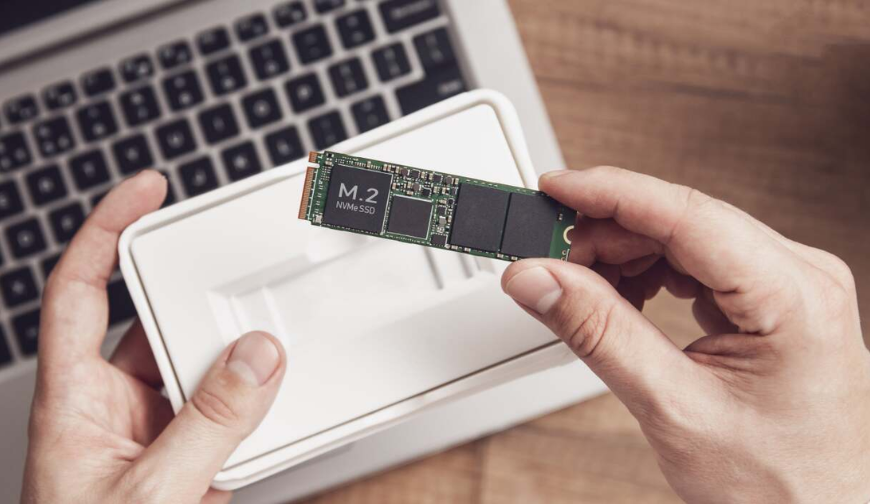When choosing between a Hard Disk Drive (HDD) and a Solid State Drive (SSD), reliability is often the key concern, especially for users and businesses storing sensitive or irreplaceable data. Both drives have strengths and weaknesses, but understanding how they work and what affects their lifespan can help you make the right choice.
HDDs are traditional storage devices that use spinning magnetic disks and mechanical arms to read and write data. Because they rely on moving parts, they are more vulnerable to physical damage, wear, and vibration. Over time, bearings wear out, heads crash, or platters degrade, leading to data loss. However, HDDs remain popular because of their large capacity and low cost per gigabyte, making them ideal for bulk storage or backup archives where performance is less critical.
SSDs, on the other hand, store data in NAND flash memory with no moving parts. This design makes them faster, quieter, and more resistant to physical shock. They boot operating systems and load applications in seconds. Yet, SSDs have their own limits. Each memory cell has a fixed number of write and erase cycles before it begins to wear out. As a result, heavy use can cause gradual data degradation over time. Still, modern SSDs include wear-leveling and TRIM technology to distribute data evenly across cells, significantly extending their life expectancy.
When it comes to long-term data storage, HDDs often last longer when kept in cool, stable environments and used infrequently. They can retain data for many years if powered off properly and stored correctly. SSDs, however, can lose charge in their cells if left unpowered for extremely long periods, though this is rare with newer models. For everyday computing, fast boot times, and reliability during regular use, SSDs are far superior.
For critical data, the smartest approach is a hybrid strategy: use SSDs for your operating system and active files where speed matters, and HDDs for backups or long-term archives. This way, you get the performance of SSDs and the storage endurance of HDDs.
If either type of drive fails, professional recovery is possible. At SSD.Repair, our engineers handle both SSD and HDD recovery using advanced cleanroom technology and specialized firmware tools. Whether your drive has suffered logical errors, power issues, or physical damage, we can recover your files safely and confidentially.
In conclusion, SSDs deliver unmatched speed and reliability for daily use, while HDDs still hold value for large, cost-effective backups. The best drive for you depends on your storage needs — but no matter which you choose, always maintain regular backups and trust professionals like SSD.Repair to recover your data if the unexpected happens.
